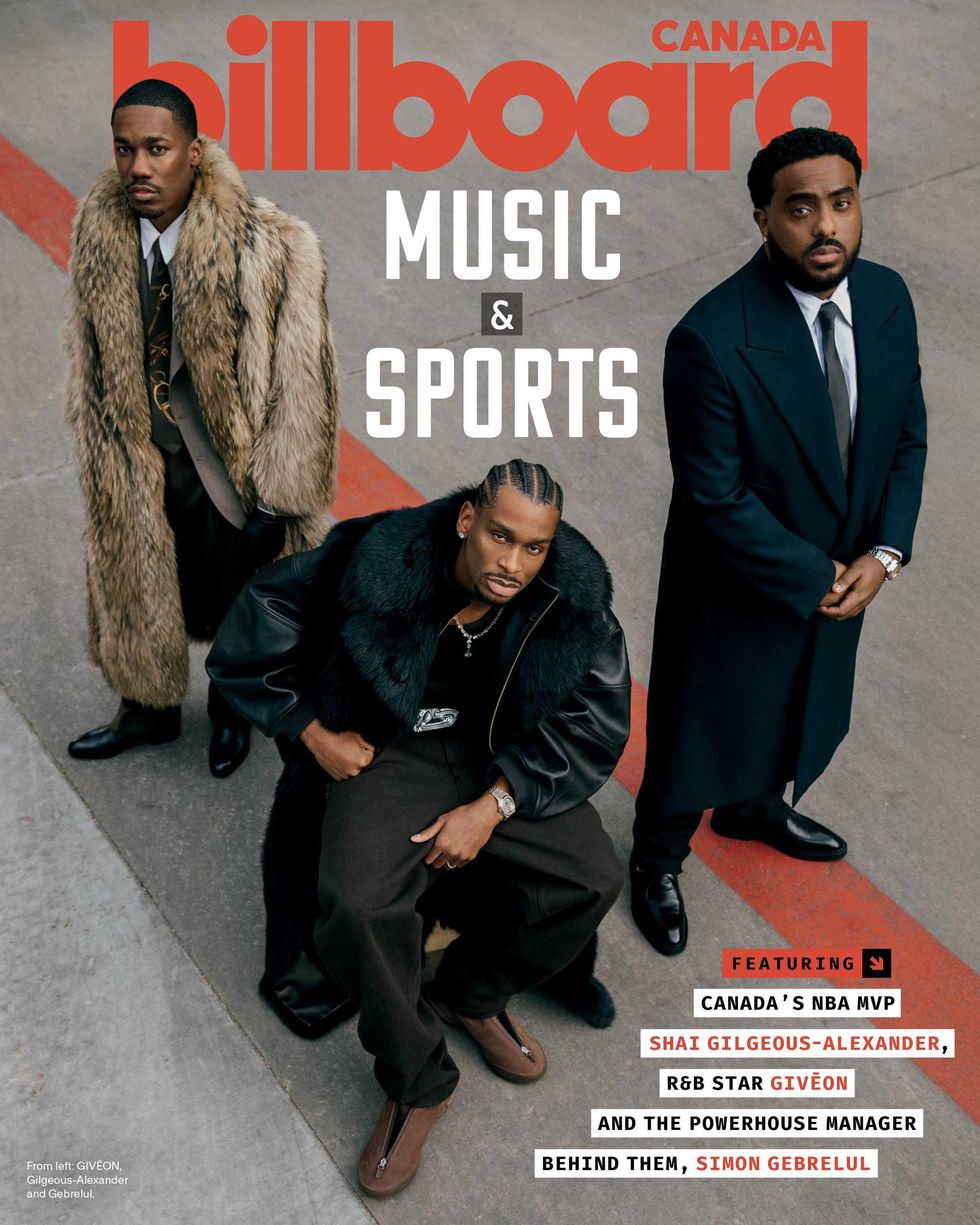For He's A Jolly Good Fellow... Richard Flohil: 85 is the new 65
Veteran publicist, promoter and talent finder Richard Flohil is on the eve of celebrating birthday No. 85 on June 28 at Toronto's Horseshoe Tavern, and in this interview he talks about his upcoming book, how a vegetable-free diet is working wonders for his health, and the night he brought B.B. King to Canada for the first time.

By Nick Krewen
Few raconteurs are as fascinating and entertaining as Richard Flohil.
Since arriving on Canadian shores back in 1957, the Yorkshire-born publicist, promoter, editor and impending author has accumulated a lifetime of stories in a milestone-filled career.
First guy to book blues legends B.B. King and Buddy Guy in Canada?
Richard Flohil.
First person to help introduce Canadian acts k.d. lang, Loreena McKennitt and Ani DiFranco to local ears and tastemakers?
Richard Flohil.
First one to spread the word and raise the profiles of Downchild, Ariana Gillis and The Jerry Cans, among many others?
You guessed it.
“If there’s anything I’ve been proud of, it’s spotting artists early in their career,” says Flohil. “And giving them a step up when they're starting out."
As a man who is about to commence his 85th rotation around the sun, Flohil has helped further the careers of Serena Ryder, Crash Test Dummies, Prairie Oyster, Paul Reddick, Arrogant Worms, Good Lovelies, Scarlet Jane, Shakura S’Aida, Jadea Kelly, Melanie Brulée, Alejandra Ribera, Roxanne Potvin, Jenie Thai, and Moscow Apartment among many, many others..
“In the early stages, a publicist has a number of different roles to fill because the industry is constructed on a percentage basis," he explained recently over breakfast at a west-end Toronto diner. "A manager and an agent want a percentage – but in the early stages, that percentage is nothing, and there is no incentive for managers to take on an artist who isn't earning very much.
"Instead, artists are looking for someone who can move them a little bit up the ladder. Inevitably, the publicist does sometimes handle the roles of manager and agent. If they’re well-connected, they can open doors.
“When I worked with manager Larry Wanagas and Bumstead Records, the minute k.d. lang got a record deal, I was basically redundant. When Loreena scored her distribution deal with Warner Music, they said, ‘we don’t need Flohil anymore.' To her credit and loyalty, she said, ‘well, he brought me to the table here, so he’s going to continue to be involved – and get over it.’”
Over the decades, the more established artists he's worked with include jazz and soul legends Benny Goodman, Stéphane Grappelli, Ray Charles and Solomon Burke and Canadian icons Jeff Healey, Stompin' Tom Connors and Ian Tyson, as well as taking care of publicity for Holger Peterson's Stony Plain label for more than 30 years.
His enthusiasm for music and the musicians that create, perform and record it has never waned.
And the anecdotes have piled up.
“Do this for 50 years full-time,” Flohil comments. “You may not make any money, but you’ll have a good time, and if you don’t get any stories you’ve blown it.”
Luckily for us, many of those tales are to be included in The Night Miles Davis Tried to Buy My Car and 100 Other Mostly True Stories About a Life at the Edge of Music, the crowdfunded book that the author has been working on over the past eight years and - if all goes according to plan - may finally be published in the fall.
“Part of me wishes that I’d never started,” Flohil admits of the memoir that was once called Louis Armstrong’s Laxative and 100 Other Mostly True Stories About a Life at the Edge of Music.
“I can tell good stories. Somebody said you should write them all down and I said, ‘yeah, but I don’t know if anybody would be interested.'
“So, I started doing it, and then…life gets in the way. I took some money – I can’t remember how much – and it got me through the original writing – I wrote 60,000 words.”
“Then, because I have this background as a magazine editor, you read what you’ve written and you change it around and fix the long run-on sentences.
“Unfortunately I’m a four-finger, three-finger, one-thumb typist.”
Flohil says Miles will more resemble a magazine, with a minimum of 50 photos included with the stories and profiles of a dozen high-profile clients.
Working with his pal Juno Award-winning designer Michael Wrycraft, the duo has laid out the first 40 pages, and a possible target for publication in the fall...if Flohil gets all the writing and layout done before hitting the summer folk festival circuit.
Before he departs for the West, he also has a birthday shindig planned for the Horseshoe on June 28 - 85 Is The New 65 - where many of his clients, ex-clients and friends will celebrate him in song. Tickets are $25 and proceeds after expenses – food, cake and the house band – Samantha Martin and Delta Sugar - will be donated to the Unison Benevolent Fund.
“I’m partly paying it forward because I might need this organization at some point in the future,” he says. "Anything that I donate will be a drop in the bucket. The organization is enormously helpful."
When he hit 80, Flohil did retire...for a bit. But he found the life of leisurely doing nothing just wasn't for him.
"Now I take on a client or a project if it appeals to me.. I’ve gotta do something," he insists.
Currently he has an office with Sandy Pandya's Pandyamonium Management and still goes out to clubs four nights a week.
And although he has diabetes, he remains exceptionally healthy: Flohil has never been sick, never been admitted to hospital and never broken a bone - good health that he attributes to an avoidance of vegetables in his diet.
But he is worried about one possibility.
“Dying," Flohil admits. "That troubles me enormously. I need at least four more years. That's the problem with being 85 and having a 40-year-old mind.
"I have a pile of shit on my plate and there’s a bunch of stuff that I haven’t done that I want to do. A birthday party for 400 people with a lot of wonderful artists. Folk festivals all over the country. I may go to England for 10 days and there's a possibility that one of my clients and close friends, Shakura S’Aida, is being booked for the Byron Bay Festival in Australia. I told her that if that happens, I’m in the band. I’ll buy my ticket, bunk in with guys on the bus, carry guitars and take care of the financial settlements - whatever is needed to be done. I may also meet up with a friend in Thailand - I've always wanted to do it with someone who has done Thailand before.
"I just want to keep going. When all the things on the bucket list are gone, then I’ll just shovel off."
In the same breath, Flohil doesn't want to leave the impression he's anything but grateful - and particularly enjoying these days.
"This is a really good time of life," he states. "I’m so fortunate. I'm surrounded by amazing friends, a good family, good kids.
"I haven’t always done a good job, and I look at myself some times and say, ‘how did you fuck that up?’ But you can’t dwell on that. Every time you get down or you lose faith – you’ve got to pick yourself up."
The Richard Flohil Quiz:
Your favourite concert of all-time?
"Probably the best was Louis Armstrong at Earl’s Court Arena in London in 1955. It made an amazing impression on me. Muddy Waters in a working man’s little bar in the south side of Chicago, I think in 1961. Duke Ellington with Ella Fitzgerald in Carnegie Hall – in the 1960s – the only time I saw either Duke Ellington or Ella Fitzgerald in concert.
The craziest, most memorable stunt you've ever witnessed?
"Frank Duckworth was a publicist that I did some occasional freelance work for. And he was the master of doing publicity stunts. To explain them would take far too long, but filling an airplane with distinctive and representative Canadians – including hockey players, golf pros, Inuit and Indigenous people, police officers and Miss Toronto wearing a bikini in a fur coat – that was pretty wild. That was in ’66, and it was a series of stunts for his client, Eastern Airlines, in Miami, to celebrate Canada’s upcoming Centennial."
The first record you bought that made a personal impact?
"The very first record I ever bought – I think I was 13 - was by a well-known American TV and film personality in his day called Phil Harris – the novelty song That’s What I Like About That. He mentions everything from collard greens to watermelons, and some cynic said later that what they should have done was covered Phil Harris with Man Tan – an artificial tanning lotion – put him on a beach in Biloxi, Mississippi and then ask him what he likes about the South."
Did you ever play an instrument?
"I used to try and play the trumpet, but I modelled myself on Louis Armstrong, which is ridiculously foolish. When I came to Canada in ’57, I either sold it or gave it away or left it somewhere. I can’t remember. That was the end of being trying to be a musician."
Is there any concert you wish you had promoted?
"I wish I’d done more with the great blues artists. I did quite a bit, but I’d wish I’d done more to bring that music to a wider audience. Would have loved to have done a concert, which my friend Rob Bennett did, with Lyle Lovett and his Big Band. Lovett played a show at Massey Hall that was absolutely brilliant.
"The most remarkable show that I’ve been to recently was Tanya Tagaq – and I couldn’t understand a word of what she was singing about – but the intensity and the passion of it…it’s just incredibly remarkable."
Tell us about the first time you brought B.B. King to Toronto...
"In the late ‘60s, I brought B.B. King into town in a way that would not happen today. The general manager of Massey Hall said, “I don’t need a deposit.”’ I booked the day. I called B.B. King’s agent in Houston, Texas. I think I paid him $2000. Between the time I booked him and the date of the show, he had his one and only hit – The Thrill Is Gone. Tickets were $4.50, $3.50 and $2.50.
"Five years ago, B.B. was still playing – I was backstage at a show at Massey Hall – and he sees me, hugs me, and says, 'You must have lost a lot of money when you booked me on that first show.'
"I said, 'No, B.., I actually made $700 ($4600 in today’s money). You set me on the road to ruin.'
"What I didn’t understand in my earlier days is that if you were the first person to bring B.B. King into Canada, you had the lock on him as a promoter. I didn’t understand that. He went on to play every bloody place in Toronto with a roof on. He’d play here six times a year. I didn’t have a share of that. I should have known better."

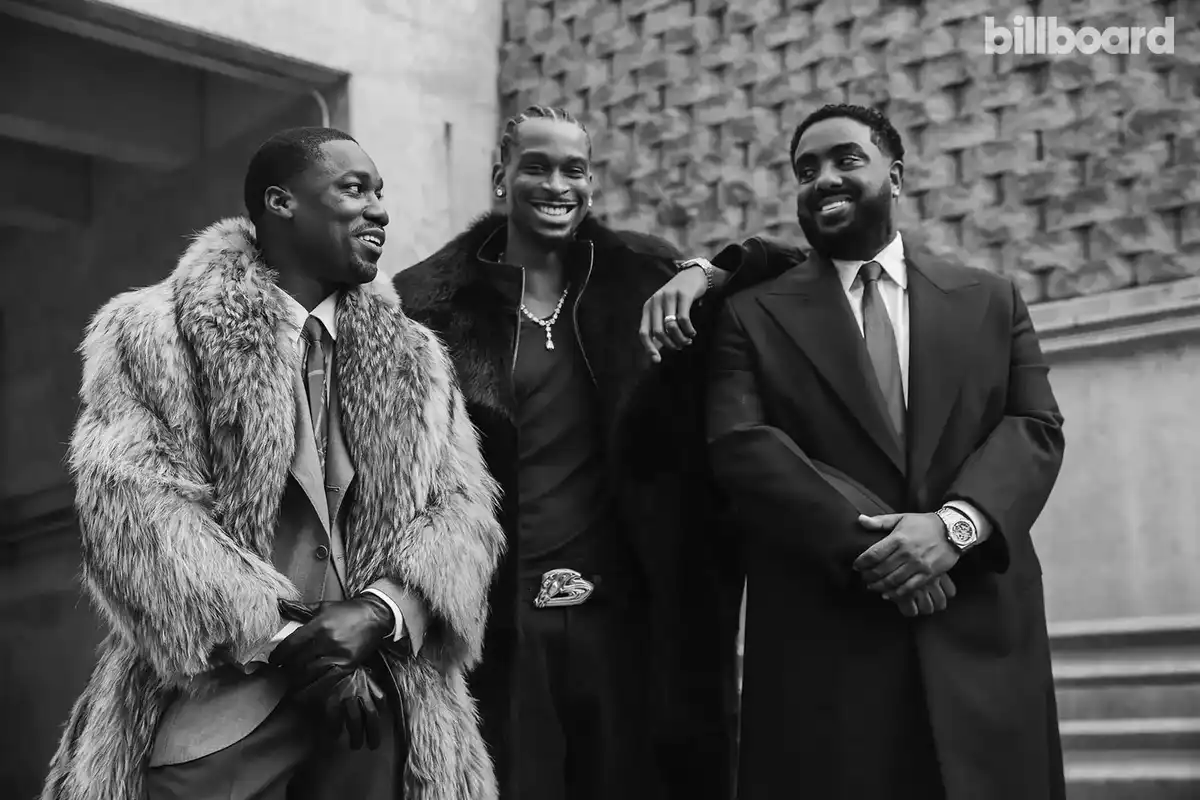



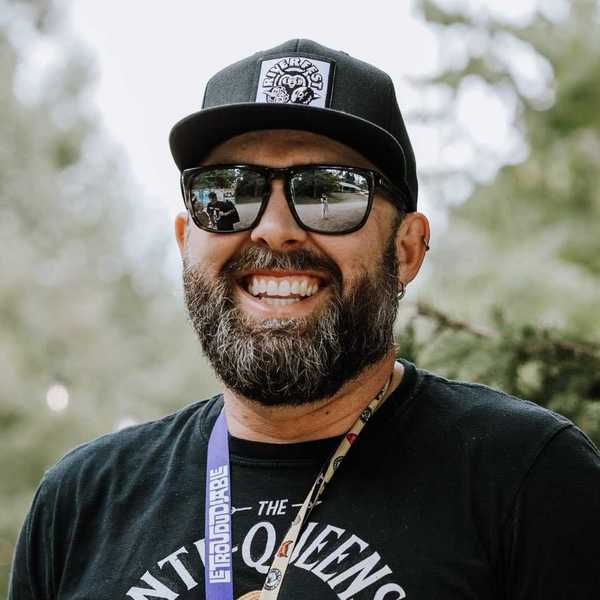
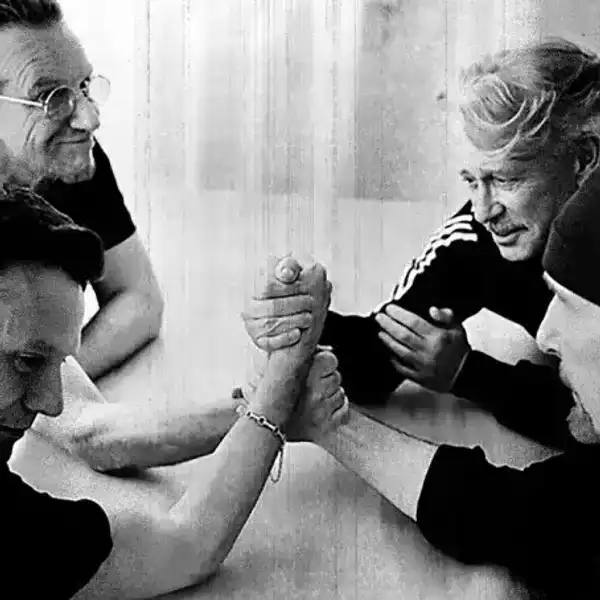
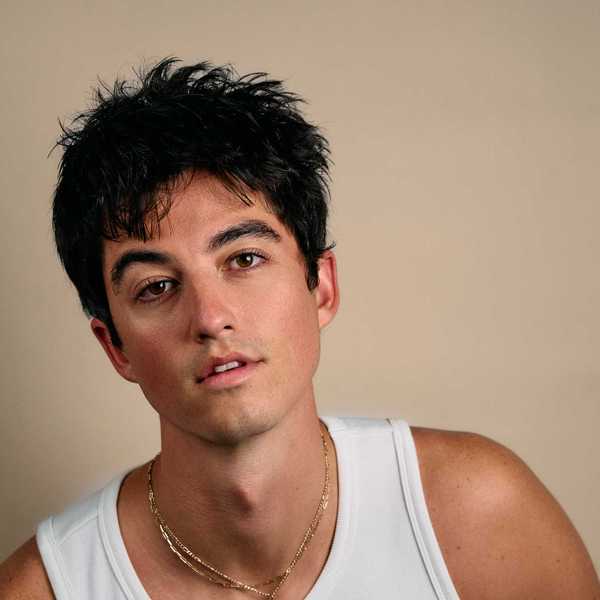



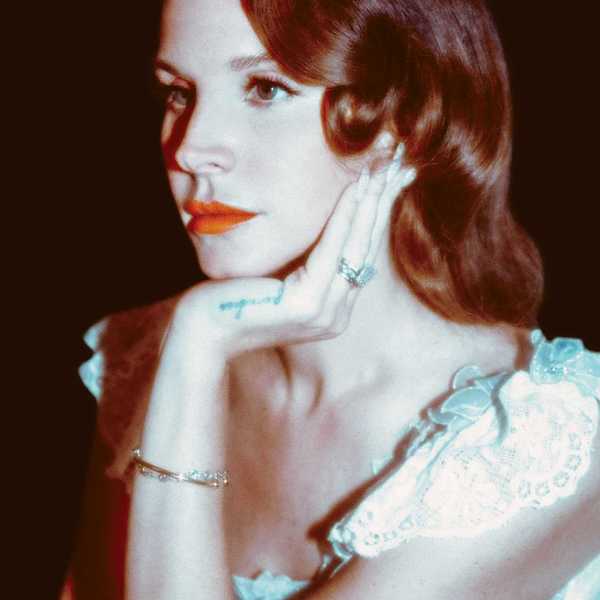
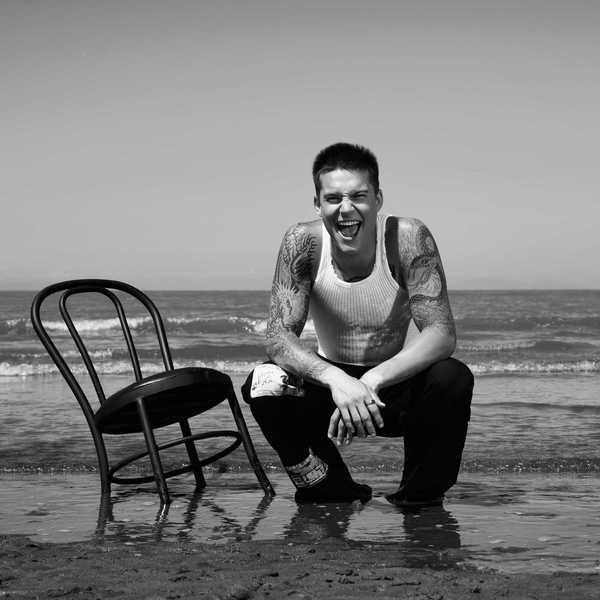

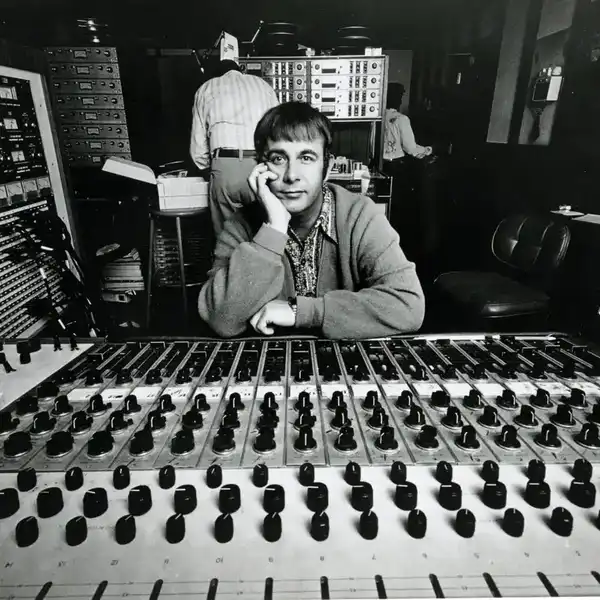
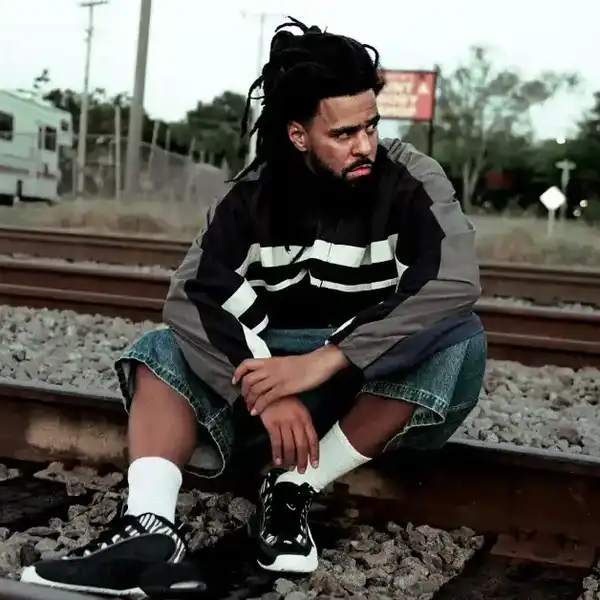
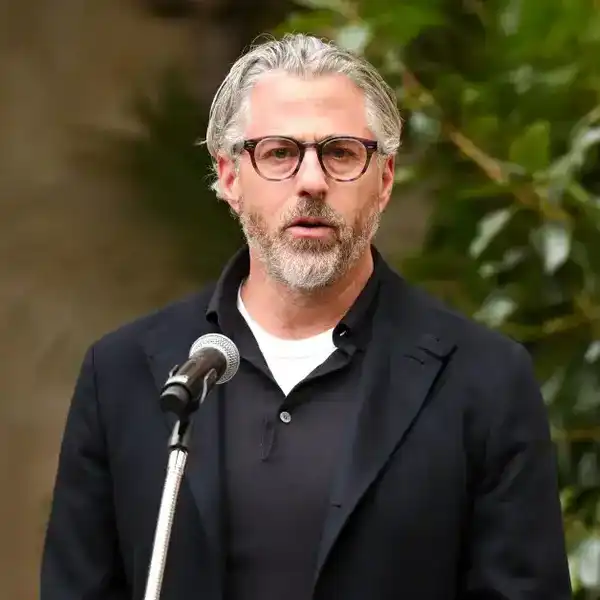

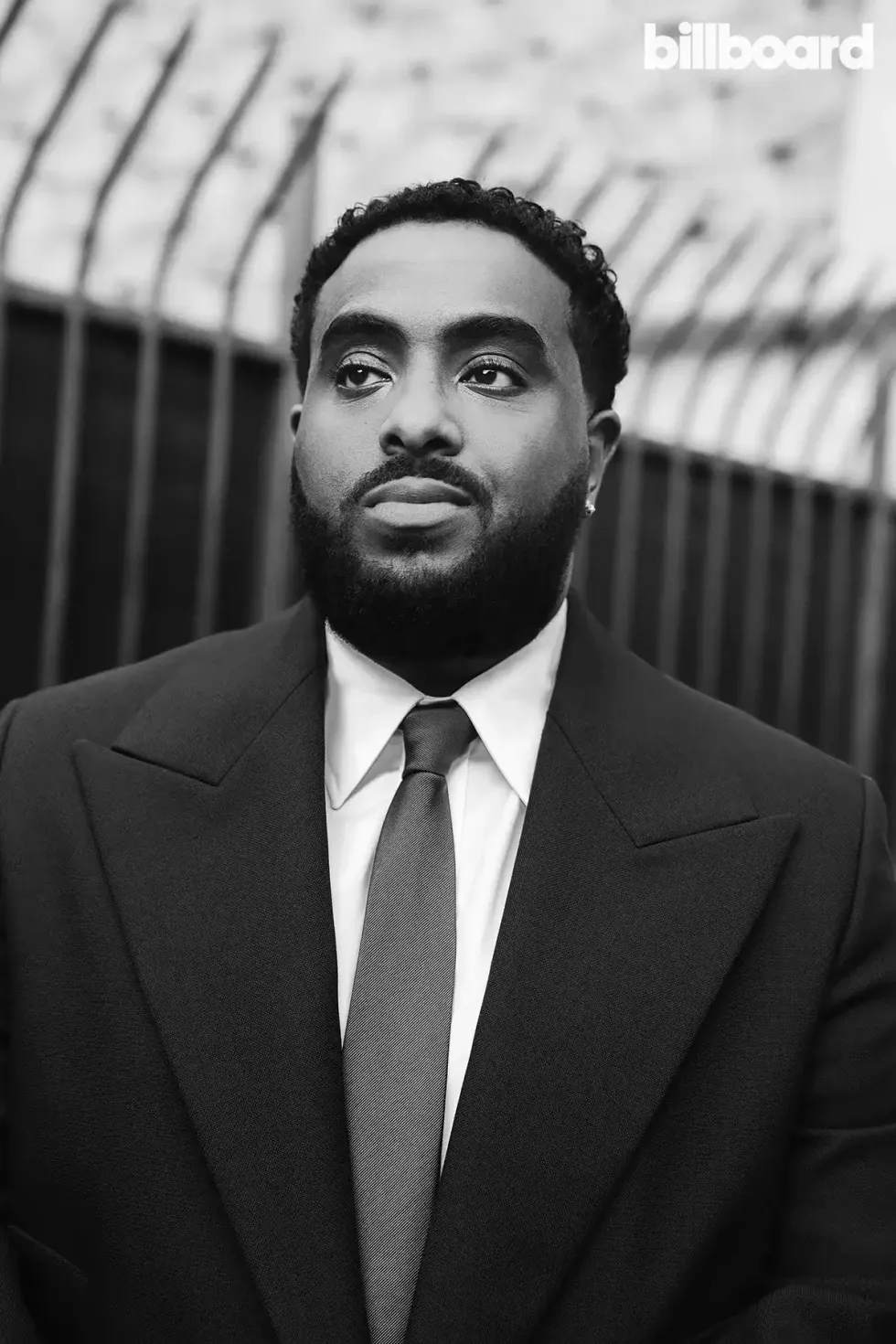 Simon GebrelulDiwang Valdez
Simon GebrelulDiwang Valdez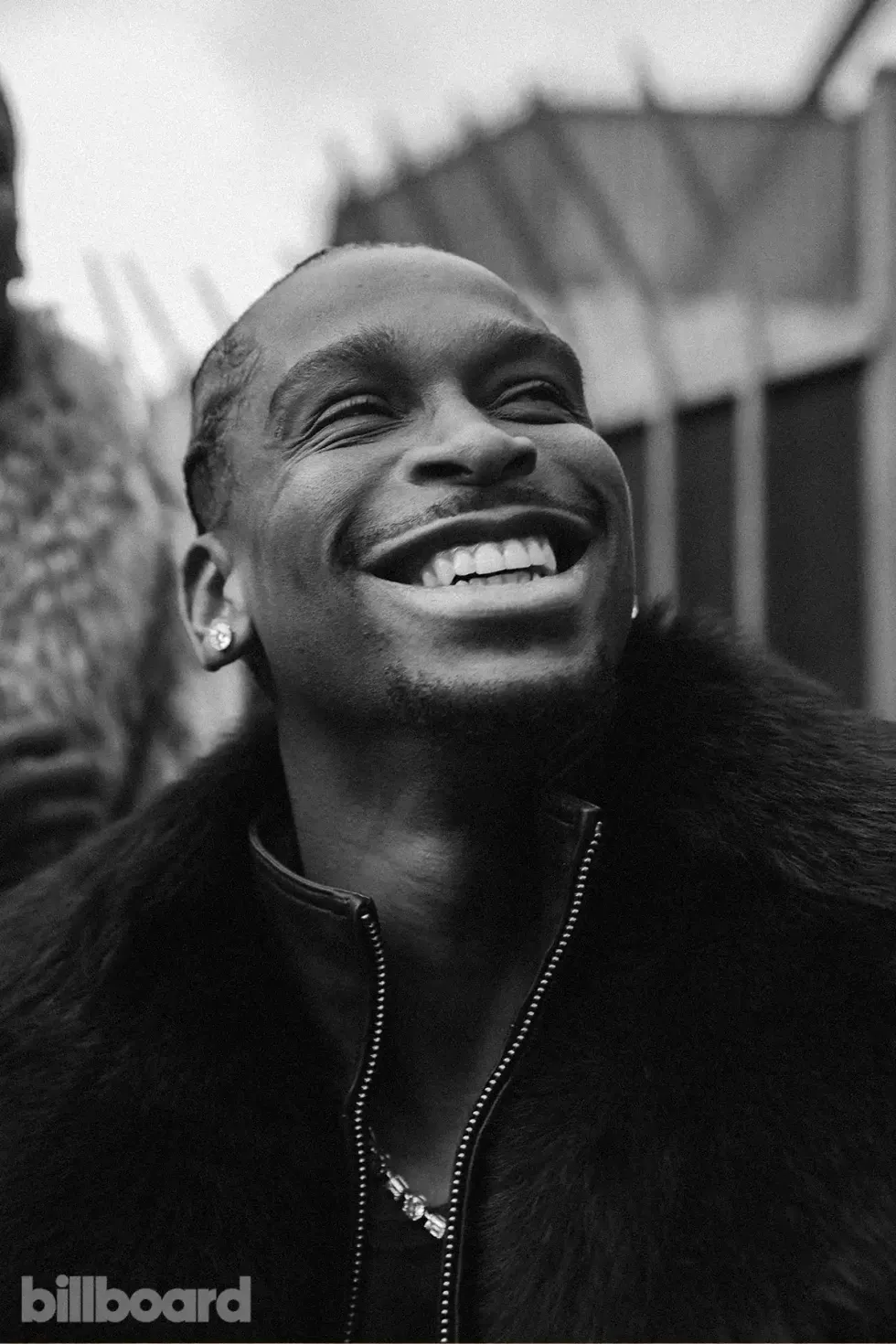 Shai Gilgeous-AlexanderDiwang Valdez
Shai Gilgeous-AlexanderDiwang Valdez GIVĒONDiwang Valdez
GIVĒONDiwang Valdez